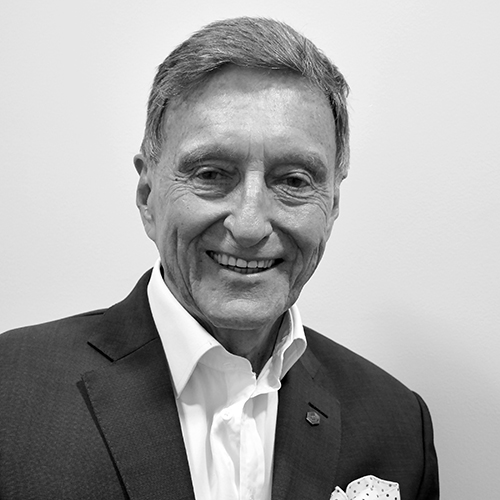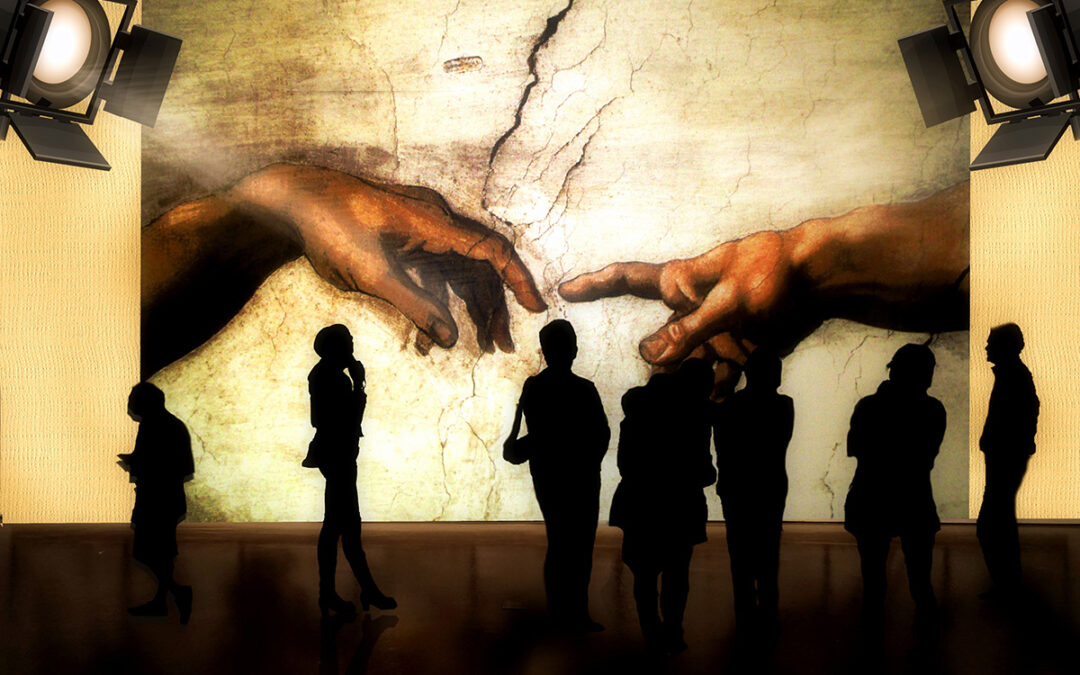In a recently published book titled Faking It: Artificial Intelligence in a Human World1, the author Professor Toby Walsh’s opening comment is that at the heart of artificial intelligence is a fundamental deceit. The con starts with the name. AI is not true intelligence. It does not arrive at conclusions through understanding or reason. Instead, it’s predictive machines reared on vast datasets, which simulate coherence based on the probability that one word or pixel will follow another. Perhaps AI should stand for Automated Instructions!
The difference is crucial when we involve artificial intelligence in hiring staff. AI can automate the initial screening of resumes and applications, saving People and Culture professionals time by filtering out unqualified candidates. Some organisations have already implemented AI tools, and the software has helped to speed up the recruiting of candidates and mitigate bias in hiring.
However, the caveat on candidate screening is that machines can learn bias, based on replicating previous successful appointments. This is not only perilous for diversity, it risks losing highly skilled and potentially suitable employees who are not necessarily an exact fit to the role specifications. In the rush to define, document and categorise skills driven by technology, our digital platforms (now exacerbated by AI) are in danger of overlooking technical skills that are just one component of the equation.
Whilst many hiring managers will talk about their interest in soft skills, many systems and practices are not set up to identify or prioritise them. AI risks missing the human (or soft) skills of courage, creativity, commitment and confidence. These are difficult to assess on paper or in the cloud, yet critical for any leadership role. No number of new technologies, ChatGPT or its likenesses, are going to replace human skills in assessing candidates teamworking, critical thinking, leadership and empathy. These among others, make every employee more than just the sum of their parts.
In an age where technology can scan, sort and select candidates based on keywords and with ever decreasing margins in error, there’s a danger that without proper consideration given to the person as a whole, we are missing the opportunity to hire not the best, but the right candidate.
Instead of hiring the most technically proficient and experienced candidate, hire a technically proficient and experienced candidate, who can also demonstrate an ability to collaborate, respond to criticism and adapt to unpredictable changes. Then when the job they were hired to do inevitably changes, their transferable value to the business can be retained and reassigned.
It is also important to remember whether it’s a recruiter or a hiring executive, the person (not the robot), is ultimately accountable for the outcome. Therefore, AI should be treated as a co-pilot requiring human oversight, evaluation, and personalisation. At the end of the day the person who shows up at the office or factory is a human being, not a collection of key words!
For more on this topic, read the article and watch the short video from our recent seminar Unlocking the Potential of AI in Talent and Organisation Culture.
1 Faking It: Artificial Intelligence in a Human World, Toby Walsh, La Trobe University Press, 2023

With over 21 years of experience in executive search, Bill Haggerty specialises in recruiting Senior Executives across the Manufacturing, Engineering, Transport and Infrastructure sectors. Typical roles include CEOs, CFOs, Logistic & Supply Chain Directors, Project Directors and General Managers. He is an active member of Engineers Australia and is committed to promoting the engineering profession and gender diversity within engineering. Bill is a Fellow of Engineers Australia with Chartered and EngExec status and a Graduate of the Royal Melbourne Institute of Technology in Civil Engineering and Management. He has a very broad commercial background with extensive management, business development and project management experience gained in Australia, the Middle East and Asia.


